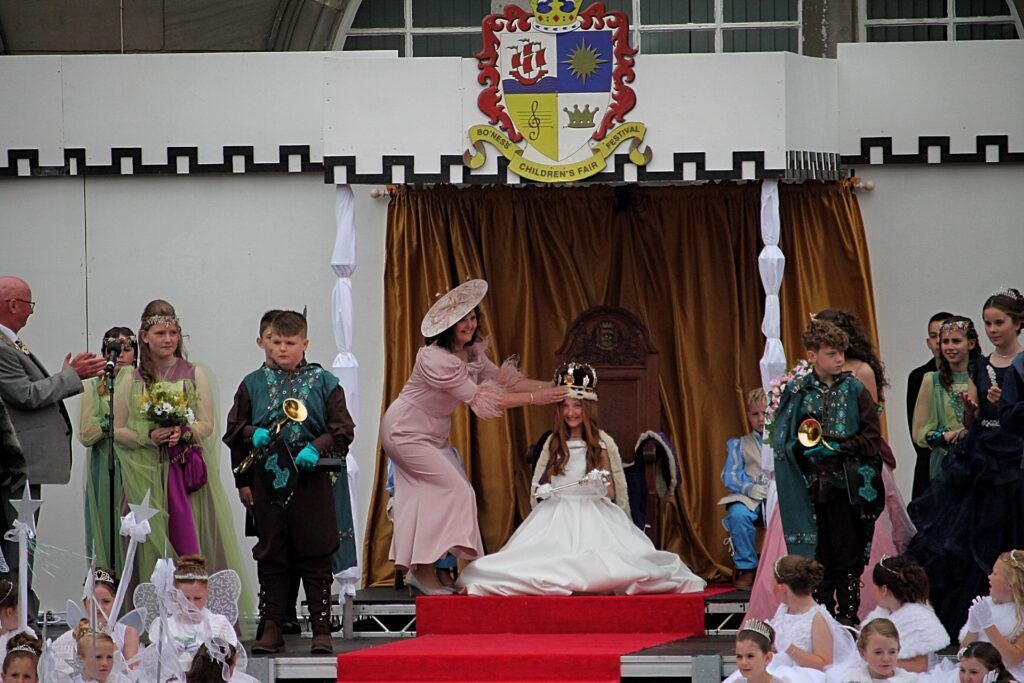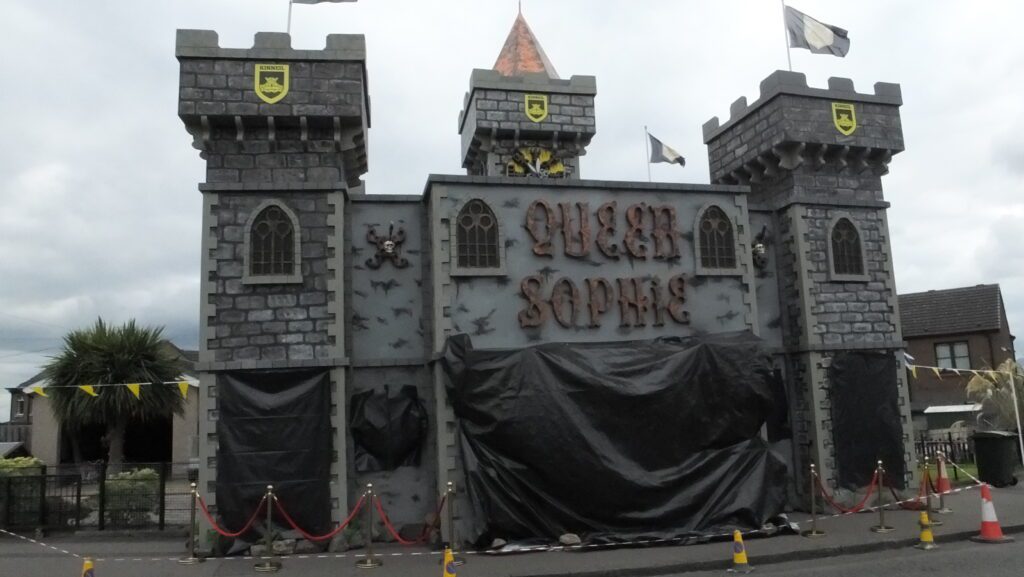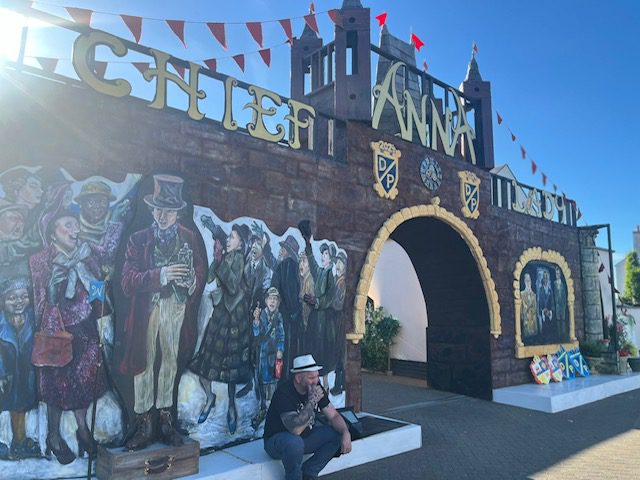Bo’ness as a town has suffered its fair share of industrial closures over the years. From a brisk shipping community, coal mining, pottery, woodyards, production of fertilizer, distillery and the like, our indigenous industries have for the most part disappeared. It could have been worse. We could suffering fate like Clydebank at this time – the loss of “Singers” and its accompanying job loss.
Although it must be on the record somewhere, it’s generally unknown that the giant American firm of Singers who produce the home and industrial sewing machines decided that the place to locate their U.K. activities was in Bo’ness.
The usual American thoroughness was employed, engineers, experts, planners were dispatched to Great Britain when an in-depth look was taken into a number of sites.
In the end, they favoured Bo’ness with its mines for coal, foundries for castings and an abundant water supply. There would have been jobs for thousands as the plant grew up and no doubt, Bo’ness would have been developed into a far larger community.
This industry would have diversed and would have taken the reliance on shipping and more particularly coal away from the local economy.
But this was the precise reason why Singers did not come to Bo’ness. The coal barons of the day happened to be the largest land owners and despite protracted negotiations and the fact that there was land in plenty for such a development, they could not encourage the landowners to part with the required parcel of acreage.
The Americans offered inducements which would have been attractive in other circumstances, the big fear, however, was the likelihood that a competition for labour would be the outcome and the pit owners feared this possibility.
In fact, Town Provost at the time was Mr George Cadell Stewart and he held some influence at the time and wasn’t above using it in favour of locking out Singers.
So far as can be ascertained, the Americans spent some six months in the town looking at sites and trying to secure ownership, all in no avail. The policy adopted by the Town Council and the landowners, who by and large were one and the same, was that to sell land would invite disaster in the mining industry, a manpower auction.
They had a workforce of low paid men, women and children and the wages the Americans were to pay would be an inducement to leave the pits. The “No Sale” sign was put up and the Yanks were frozen out.
After six exasperating months, the Americans centred their interest in Clydebank and soon the vast complex was built on the banks of the Clyde instead of the banks of the Forth where its spin-off industries far less the production of the sewing machine which was considered to be the ” Eighth Wonder of the World ” with home dressmaking more the rule than the exception.
However, Bo’ness wasn’t completely locked out of the development of Singers. The giant four sided clock on the tower at the Singer factory in Clydebank was cast in A. Ballantyne & Sons New Grange Foundry. It stands as a constant reminder of the fruitless months of negotiation which took place in Bo’ness all those years ago.
UNKNOWN






